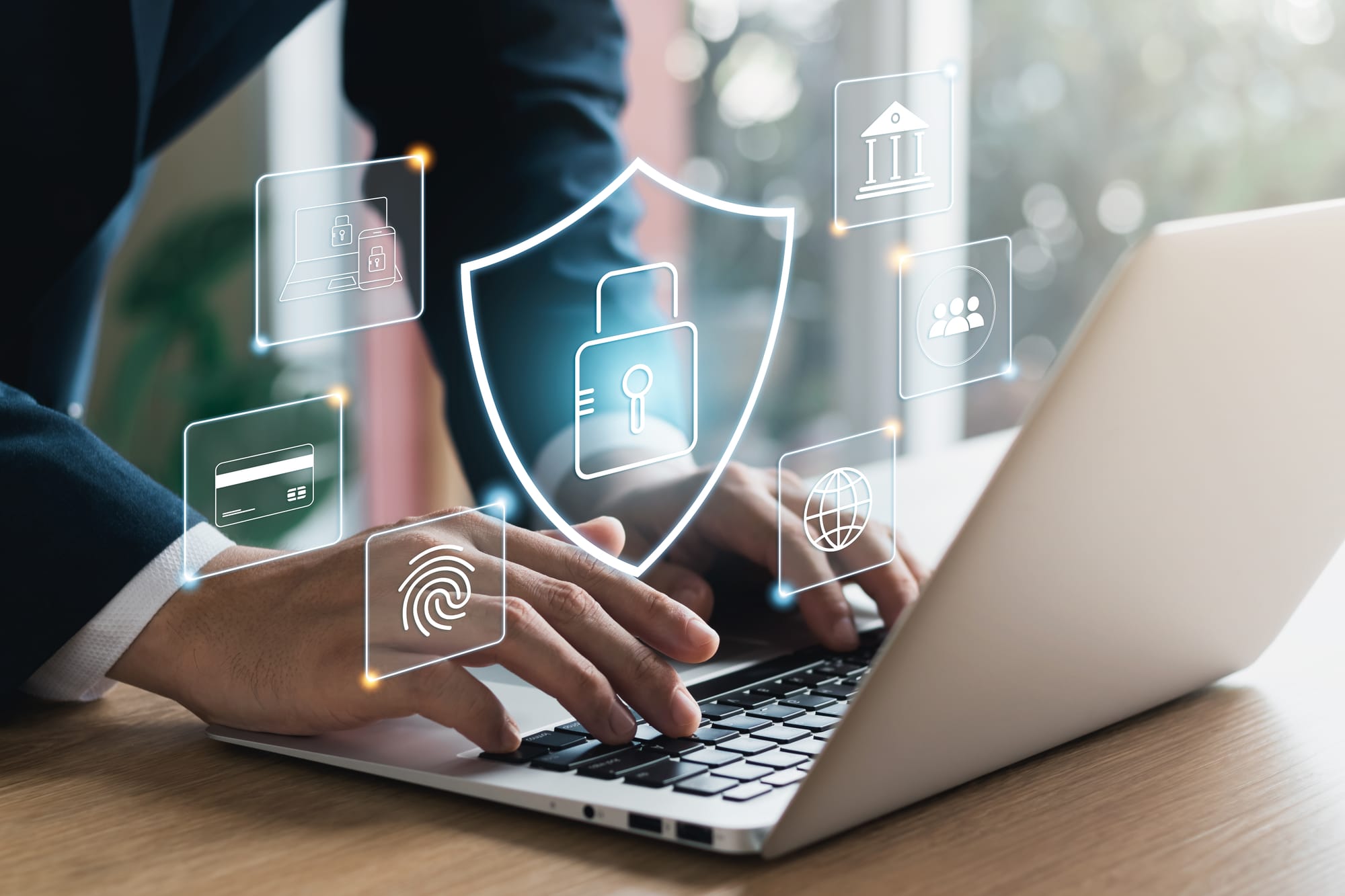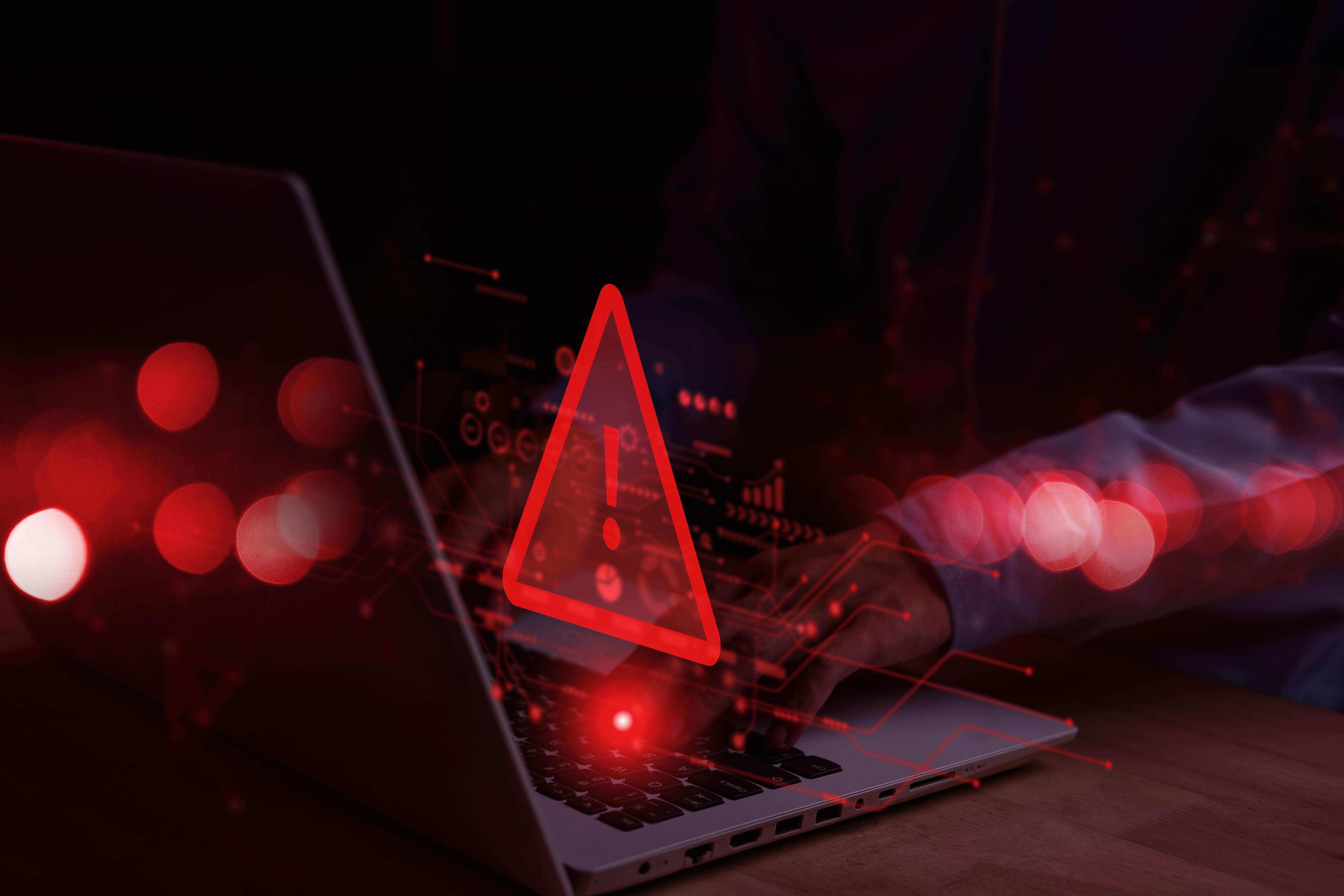The Importance of Cybersecurity in the Digital Age

In today’s digital era, where technology has become an integral part of every business and personal activity, cybersecurity has emerged as a critical concern. With the increased reliance on internet connectivity and digital platforms, protecting sensitive data from cyber threats is more important than ever. Cybersecurity involves safeguarding networks, devices, and data from unauthorized access, cyberattacks, and damage. This article explores the importance of cybersecurity, the growing threats, and how organizations can better protect themselves.
The Growing Cyber Threat Landscape
Cyber threats have evolved in complexity and sophistication. Hackers no longer target only large corporations; they aim for small businesses, individuals, and even governmental institutions. With the rise of remote work, cloud computing, and interconnected systems, the potential for cyberattacks has multiplied. Some of the common cyber threats include:
- Malware: Malicious software, including viruses, ransomware, and spyware, can infiltrate systems, steal data, or hold it hostage for ransom.
- Phishing: Phishing attacks trick individuals into disclosing sensitive information by posing as legitimate entities through fraudulent emails or websites.
- Denial of Service (DoS) Attacks: These attacks overwhelm a network, causing service disruption and significant business downtime.
- Advanced Persistent Threats (APTs): APTs are long-term targeted attacks aimed at stealing critical business data without being detected for an extended period.
The impact of these cyber threats can be devastating, leading to financial loss, damaged reputations, and even legal consequences for businesses.
The Importance of Cybersecurity
- Data Protection: In a world where data is a valuable asset, cybersecurity is crucial for safeguarding personal and financial information, intellectual property, and trade secrets. Businesses of all sizes rely on secure systems to store and process sensitive data.
- Preventing Financial Loss: A successful cyberattack can result in significant financial damage, either through direct theft, ransom payments, or recovery costs. According to recent reports, global cybercrime costs are expected to reach $10.5 trillion annually by 2025.
- Regulatory Compliance: Governments across the globe have enacted strict cybersecurity regulations, such as GDPR in Europe or the CCPA in California. Non-compliance with these regulations can lead to hefty fines and legal repercussions for businesses.
- Maintaining Trust: Consumers expect companies to protect their personal data. A cyber breach can severely damage a brand’s reputation, leading to a loss of customer trust and loyalty.
- Business Continuity: Cyberattacks can cause extensive downtime, affecting operations and productivity. Having robust cybersecurity measures in place ensures that businesses can continue to function in the event of an attack.
Key Strategies for Strengthening Cybersecurity
To combat the rising tide of cyber threats, organizations must adopt a proactive approach to cybersecurity. Here are some critical strategies to strengthen defence systems:
Conclusion
- Security Awareness Training: Employees are often the weakest link in cybersecurity. Regular training on recognizing phishing scams, handling sensitive data, and using secure passwords can help prevent human error.
- Implement Multi-Factor Authentication (MFA): Adding an extra layer of security, such as requiring both a password and a second verification step, can drastically reduce the chances of unauthorized access.
- Regular Software Updates and Patch Management: Keeping systems and software up to date ensures that known vulnerabilities are patched and that businesses are protected from newly discovered threats.
- Incident Response Plan: Having a comprehensive incident response plan can help mitigate the impact of a cyberattack. It ensures that businesses are prepared to act quickly and efficiently in the event of a breach.
- Network Monitoring and Security Tools: Continuous monitoring of network traffic and the use of advanced security tools like firewalls, intrusion detection systems, and antivirus software can help detect and block threats early.
In conclusion, as the digital landscape continues to expand, the importance of cybersecurity cannot be overstated. Organizations must prioritize the protection of their data and systems to mitigate risks and ensure long-term success. By staying vigilant and adopting best practices in cybersecurity, businesses can not only protect themselves from cyber threats but also maintain the trust of their customers and stakeholders.
